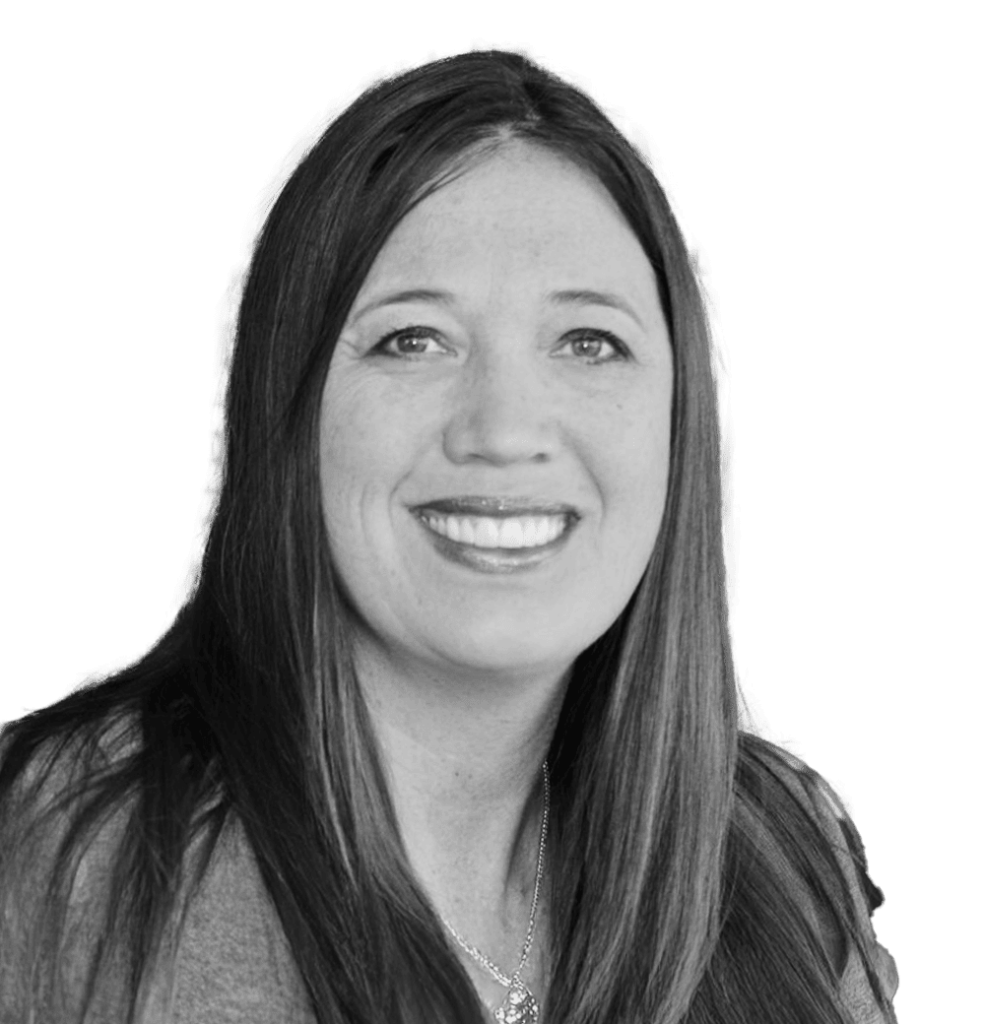The conference room shifts from tension to traction when people believe resolution is possible. Karen Rich, managing partner of Spector Gadon Rosen Vinci, built a Florida practice that meets clients at that moment and guides disputes toward outcomes that make practical sense.
Rich helped lead significant growth by broadening services into mediation and other alternative dispute resolution pathways. The expansion did more than add a new offering. It gave businesses, providers and families efficient options when traditional litigation is too slow or too costly. That step forward also strengthened trial work. Time at the mediation table sharpened case evaluations and negotiation strategies, which improved results in court and across pre-suit engagements.
The profession took notice. Rich was appointed vice chair of the alternative dispute resolution (ADR) section of the St. Petersburg Bar Association, a role that invites her to convene peers, cultivate best practices and help shape how ADR evolves across the region. She treats that service as an extension of client advocacy because better process benefits everyone who depends on fair outcomes.
Inside the firm, the future of work is both high tech and human. Spector Gadon Rosen Vinci embraces practical artificial intelligence to enhance research, e-discovery, document automation and predictive analytics so attorneys spend more time on judgment. Rich is clear that AI complements, not replaces, the insight and experience that define great lawyering. Training focuses on accuracy and disciplined use so tools elevate quality rather than dilute it. The aim is steady—deliver greater value while guarding the care that clients expect in sensitive moments.
Rich’s daily fuel comes from purpose. Much of her docket involves defending long-term care and nursing home providers. The work demands legal skill and empathy in equal measure. She invests time with clinical leaders to improve quality of care, then pairs advocacy with education that helps families understand complex medical realities. Guided conversations reduce conflict, clear misinformation and preserve dignity while paving the way to fair resolution.
A Titan 100 Honoree, Rich shares energy by mentoring colleagues, inviting young lawyers into negotiations and demystifying the pathway from facts to agreement. She often says the most effective advocates are those who “agree to respectfully disagree,” then keep moving toward a solution. That mindset keeps discussions focused on issues rather than personalities and it models professionalism that lifts the bar.
By growing an ADR capability, adopting thoughtful technology and staying close to the human side of disputes, Rich has helped clients navigate risk with less disruption. The Florida office is stronger for it and so are the communities that depend on timely, fair outcomes. Progress in this field is measured in agreements that last, in care standards that improve and in the steady return of focus to the work that matters once conflict is put to rest.








